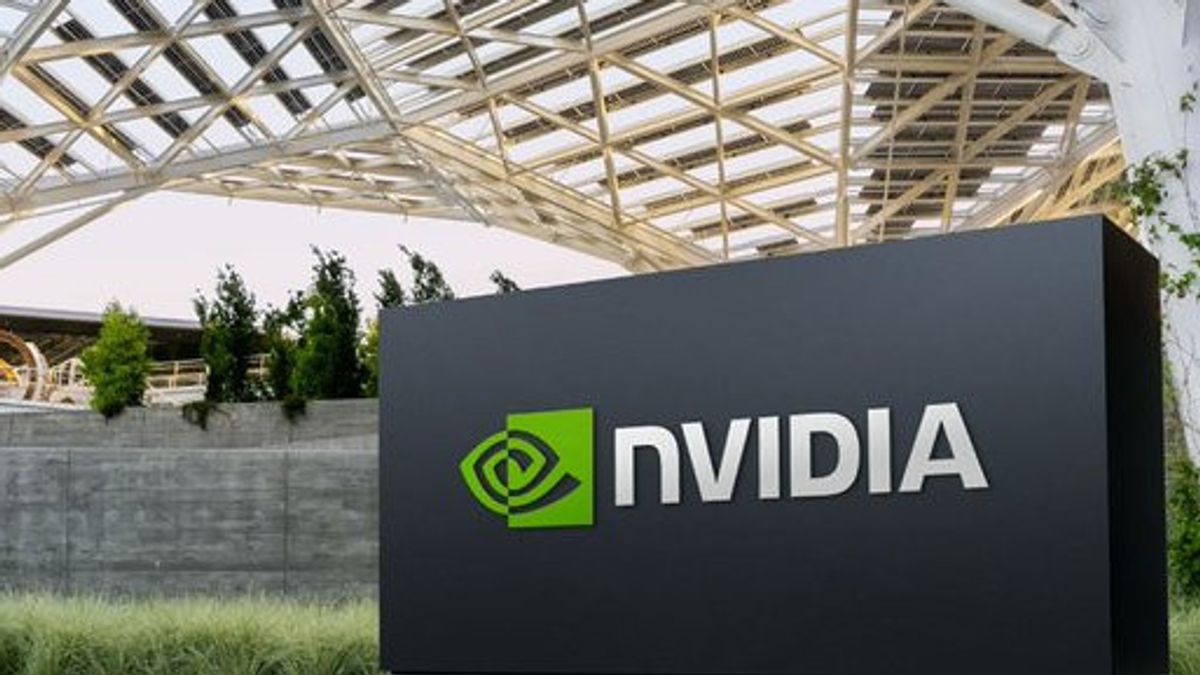JAKARTA - The maker of chips from the United States, Nvidia, plans to start mass production in the second quarter of 2024 from an artificial intelligence (AI) chip called H20 specifically designed for the Chinese market. This was done in order to comply with US export regulations, as conveyed by two sources familiar with the matter on Monday, January 8.
The H20 chip is the most powerful of the three chips focused on China's Nvidia developed to meet the restrictions announced in October 2023.
Initially the chip was scheduled to launch in November last year, but the plan was delayed, where sources stated that the delay was due to a chip integration problem facing server manufacturers.
One source said that the initial production volume would be limited, where Nvidia would primarily meet major customer orders.
The two people refused to be identified because the information was confidential. Meanwhile, Nvidia declined to comment.
Previously, Reuters reported that Chinese companies were reluctant to buy downgraded H20 chips and were testing domestic alternatives for fear the United States could again tighten restrictions. Last year, Baidu's search engine leader ordered artificial intelligence chips from Huawei Technologies as a shift from Nvidia.
SEE ALSO:
Apart from H20, Nvidia plans to release two other chips that comply with the new restrictions - L20 and L2. The chipmaker has yet to announce sales of the three chips.
In late December, Nvidia launched a modified version of a state-of-the-art gaming chip designed to comply with new regulations.
Nvidia is betting on these chips to help maintain a market share in the country after tighter US export restrictions banned product shipments, including state-of-the-art A800 and H800 artificial intelligence chips.
The A800 and H800 themselves were introduced as alternatives to Chinese customers in November 2022, about a month after the US first restricted its state-of-the-art microchip exports and equipment to China.
H20, L20, and L2 cover most of Nvidia's latest features for artificial intelligence work but with cut computing power to comply with new regulations, according to analysis of SemiAnalysis chip specifications.
The English, Chinese, Japanese, Arabic, and French versions are automatically generated by the AI. So there may still be inaccuracies in translating, please always see Indonesian as our main language. (system supported by DigitalSiber.id)

















